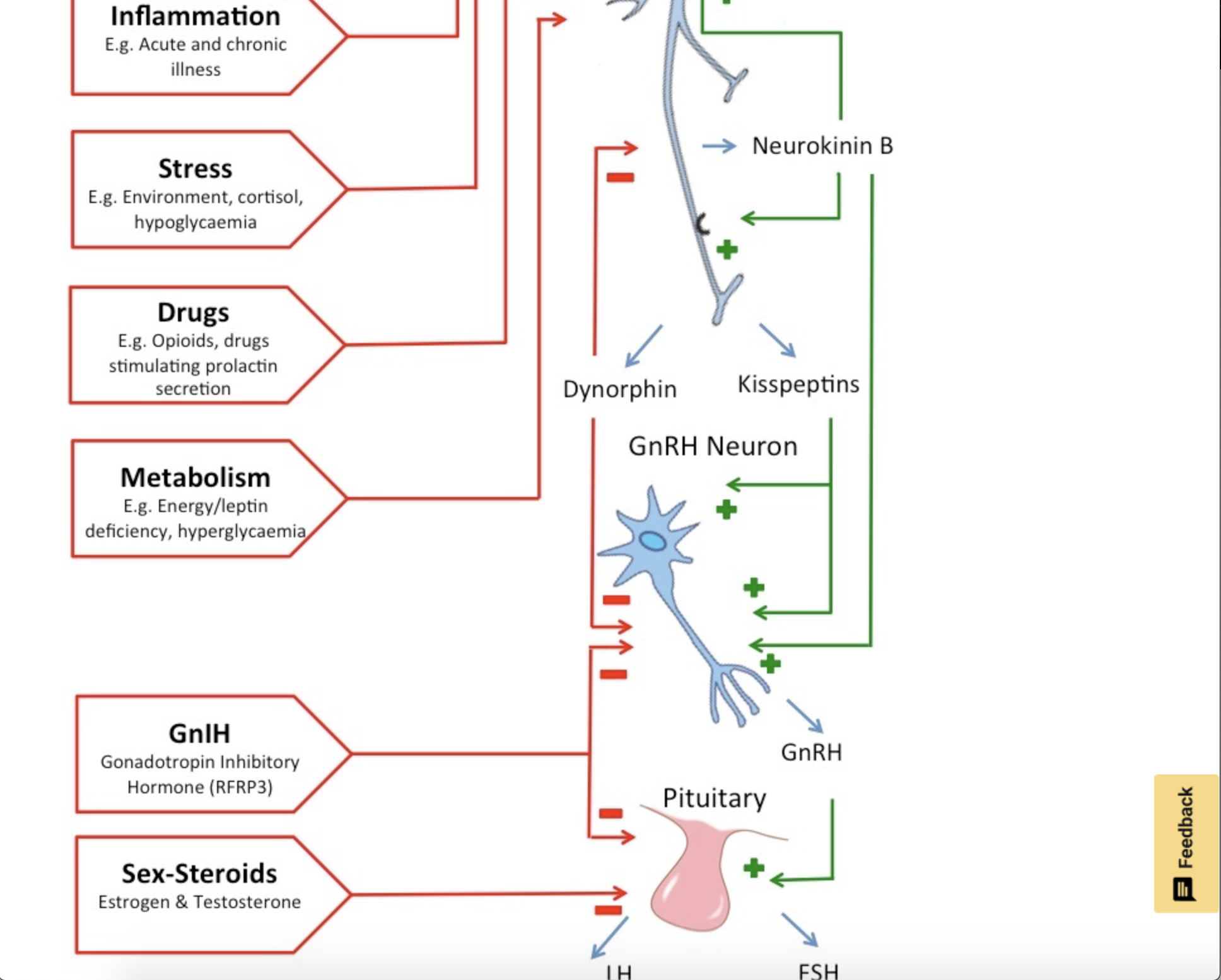MTHFR Gene Mutation and Resistant Depression
MTHFR Gene Mutation and Depression
Methylenetetrahydrofolate reductase, also known as MTHFR, is an enzyme that plays vital roles in the body and mind. The primary function of the MTHFR enzyme is to convert vitamin B9 (folic acid and folate) into a more active form known as 5-MTHF, methylfolate, or active folate. It is through this active folate that the MTHFR gene and ezyme connects to so many other aspects of our health. For instance, it is needed for repairing DNA, activation and deactivation of genes, in the metabolic process of methylation, and optimal mental health.
So what is the MTHFR gene? The gene has the map or blueprint for the body to synthesize the MTHFR enzyme. Somewhere around 30-40% of humans  have an inherited MTHFR gene mutation. In most cases these "mutations" are single nucleotide polymorphisms (SNPs). When there are SNPs in this gene it causes the enzyme function to be slowed. There are two relevant SNPs of this gene located at MTHFR C677T and MTHFR A1298C. (3)
have an inherited MTHFR gene mutation. In most cases these "mutations" are single nucleotide polymorphisms (SNPs). When there are SNPs in this gene it causes the enzyme function to be slowed. There are two relevant SNPs of this gene located at MTHFR C677T and MTHFR A1298C. (3)
In most of the population the MTHFR enzyme is working normally or at sufficient levels. However, some people can be affected with a drop in enzyme efficiency up to 70% (see this post for mthfr gene variations). In this case the poor enzyme efficiency leads to slowed conversion of folic acid and folate into active forms like5-MTHF. I will explain how this relates to depression below.
Other Signs and Symptoms of MTHFR Gene Mutation
Some signs can include total folate deficiency, persistent gastrointestinal problems such as irritable bowel syndrome, birth defects, miscarriages hyperhomocystenemia, anemia, blood clots [1].
Some symptoms include depression, fatigue, headaches, anxiety, brain fog, generalized pain.
Diagnosis of MTHFR Gene Mutation
An MTHFR defect can be genetically tested using several methodologies. The most common is to use 23andme.com in conjunction with an application like MTHFR Doctors or MTHFRSupport.com. These methods will tell you if you have a SNP for MTHFR. You can also get diagnosed by getting a full gene sequencing of the MTHFR gene [2].
MTHFR Gene Mutation and Resistant Depression
As we said, a MTHFR SNP results in decreased active L-methylfolate. This can decrease your body and brain's ability to synthesize neurotransmitters like dopamine and serotonin (more specifics on this below). If you have an MTHFR gene mutation it does not mean you will be depressed but it may be more difficult to treat you if you become depressed. This type of depression is referred to as treatment resistant depression (TRD), but is not isolate to those with MTHFR gene alteration alone. The basic idea with TRD is straightforward, regular anti-depressants and anti-depressant treatments don't work well or have side effects.
For people with an MTHFR gene mutation and TRD, L-methylfolate supplementation can greatly enhance mood. This effect is very common especially for long standing depression. To exemplify this effect, one study looked at the effect of co-administering 5-MTHF with antidepressant medications. They found a significantly higher rate of improved mood and functionality in those taking 5-MTHF compared to placebo [3].
For clarity and safety sake, I am not recommending everyone with depression take 5-MTHF supplements. In fact, for as many people it has helped, I have also seen inappropriate use cause worsening symptoms. However, when optimal 5-MTHF is given in conjunction with optimizing the overall process of methylation, medications are often not be needed at all or work better.
Much of the research and treatment for neuropsychiatric disorders like depression focus on neurotransmitters like serotonin and dopamine. This is evident by the numerous advertisements for medications that seek to restore serotonin levels with medications. For some people these medications can and do help improve depression and other mood disorders. However, we might help even more by looking broader at the production of neurotransmitters and where some potential problems with production arise.
For instance, neurotransmitters are made from converting amino acids like tryptophan and tyrosine into the active neurotransmitters. This step requires BH4 also known as biopterin. After Biopterin does this conversion, it becomes inactive (BH2) and requires methylation to reactive it. The main molecule that recycles BH2 to BH4 is 5-MTHF. Some have proposed that SAMe can also recycle BH2 to BH4 but the former is more firmly established. One of the main obstacles to sufficient SAMe levels is also insufficient 5 MTHFR. In summary, 5-MTHF helps people with depression because of the critical role it plays in forming BH4 and SAMe. With sufficient BH4 and SAMe the formation of neurotransmitters occur with ease.
Indeed, one study suggest that folate deficiency (resulting from MTHFR or otherwise) is closely linked if not a main cause of low levels of an active serotonin metabolite present in the cerebrospinal fluid, known as CSF 5-hydroxyindoleacetic acid (5HIAA). This same study proposed that folate supplementation can significantly restore the levels of this active serotonin metabolite and improve depression. With such strong connections to neurotransmitter production it makes sense to at least consider this. So how do you know if low folate is causing low levels of active serotonin [3]?
If you have depression or another mental health disorder, look at the symptoms listed above. Consider getting screened for MTHFR and methylation problems by a doctor that knows how to interpret the results. These types of test are not always black and white like typical lab tests.
References:
1. Laxmi V. Yaliwal and Rathnamala M. Desai, Indian J Hum Genet. 2012 Jan-Apr; 18(1): 122–124.
2. Laura Dean, MD, Methylenetetrahydrofolate Reductase Deficiency, NCBI.
3. Simon N. Young, Folate and depression—a neglected problem, J Psychiatry Neurosci. 2007 Mar; 32(2): 80–82.
4. Lawrence Ginsburg et. al, L-methylfolate Plus SSRI or SNRI from Treatment Initiaion Compared to SSRI or SNRI Monotherapy in a Major Depressive Episode, Innov Clin Neurosci. 2011 Jan; 8(1): 19–28.




















